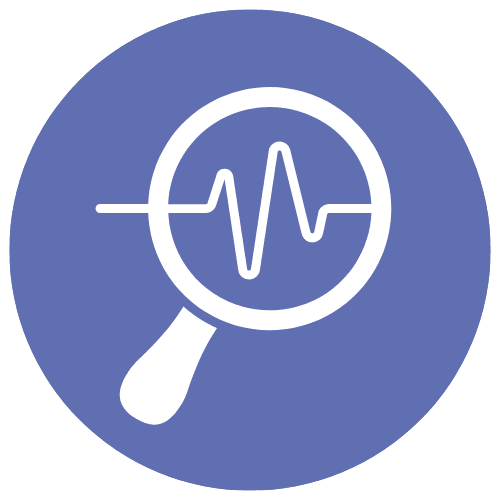Primary Sclerosing Cholangitis (PSC) is a rare liver disease that damages the bile ducts inside and outside the liver. With PSC, bile ducts become inflamed, and the inflammation leads to scarring and narrowing of the affected ducts. Eventually, blockages may occur. As the scarring blocks more and more ducts, bile becomes trapped in the liver. This damages the liver and can result in fibrosis, cirrhosis, and liver failure. Patients may eventually require a liver transplant.









